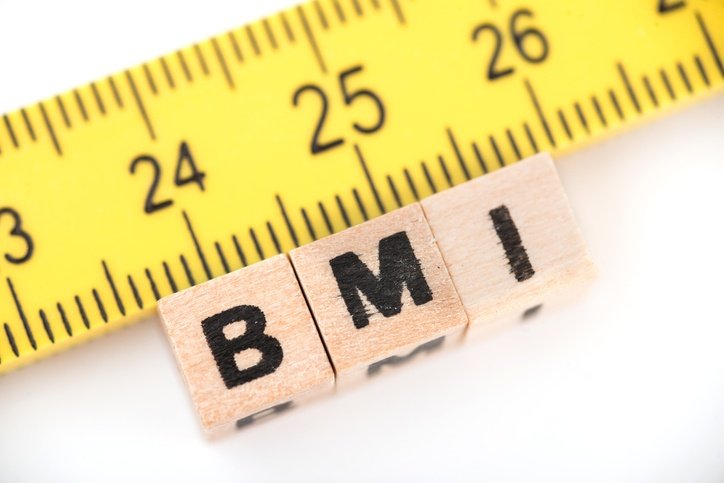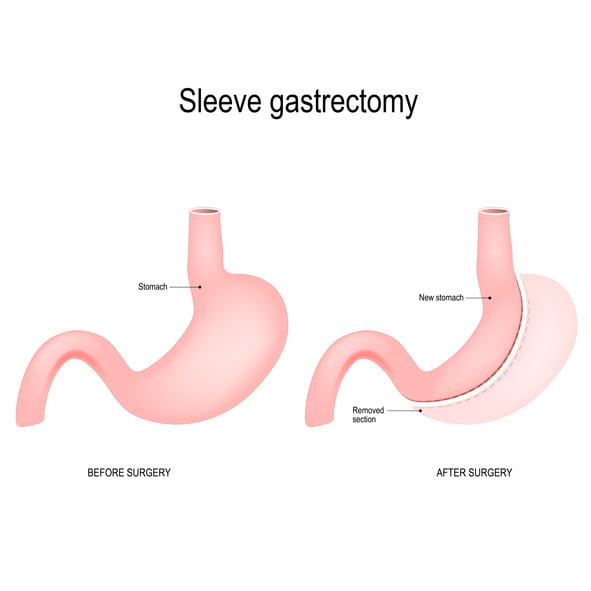

It’s summertime, and for many, this typically means vacations to various destinations. This shouldn’t be any less possible for those who have had weight loss surgery.
The type of vacation you take might depend somewhat on where you are in the recovery process. A more restful trip might be appropriate if you’ve had surgery recently, while those who are several months or years out from surgery may be ready for a much more active option.
How to have a healthy vacation
Being able to go on vacation is part of what weight loss surgery is all about! It can help you get to a place where you can be more active and enjoy life to the fullest. This is our hope for all of our patients, and we want you to enjoy your trip without stress or anxiety, especially over what you will be able to eat.
Here are a few tips to help you enjoy your time away while also sticking to your healthy lifestyle.
- Consider where you will go carefully. While it might be restful, a cruise and their notorious buffets might not be the best choice for someone who has recently had weight loss surgery.. Instead, a tropical location where there will be plenty of opportunities for outside activity and healthy fresh fruits and vegetables might be better.
- Research ahead of time. There are many things you can do to prepare. Research dining options at your hotel; look up other dining options in the area; find out what fruits and vegetables are in season locally; make sure you know if your room has a refrigerator or kitchen; plan easy meals and snacks; and look for places where you can shop for healthy food options.
- Use what you learn to make a plan. Through your research, maybe you find out that you will have a small kitchen, and there’s a local market close to your resort. Instead of feeling like you should always eat out, plan to prepare a few easy meals yourself. You may also want to plan ahead for having plenty of water and healthy snacks for spending time at the beach or pool and while doing other activities, such as hiking. Do you have a reusable water bottle, and do you have a backpack or bag where you can keep everything? These are the details to think about.
- Take along some of your favorite healthy staples. Depending on how far you are traveling, you may be able to pack more food, including perishables, or not much. Staples like raw nuts or tuna packets will probably work for any trip, and if you can take a cooler along with you, fresh fruits, vegetables, and other options may work as well.
- Prioritize drinking water. Drinking enough water every day is very important after weight loss surgery, so this is something you cannot relax about too much. You will feel better and find it easier to stick to your healthy habits if you drink enough water each day on vacation and while traveling. Remember that we often recommend that our patients do not drink while eating meals, so plan ahead for that if you can.
- If appropriate, plan an active trip. If you are far enough along in your recovery, focus your trip on all kinds of activity. This might simply mean exploring your vacation destination on foot as much as possible. Also consider options such as hiking, zip-lining, biking, snorkeling, and much more. Take advantage of the fact that you can do all of these things now!
While planning and research will go a long way, it’s very normal to want to indulge while on vacation, and that’s okay! Prepare for this if possible, but know that you might come across an awesome ice cream shop or an item on a menu that you just can’t resist. This is also a part of living that’s important, and we want you to be able to smartly indulge occasionally. Make sure it’s just that though — an indulgence. Then get back to your healthy habits without guilt or shame. Remember that you know what to do, even on vacation.
If you desire the opportunity to get healthier so you can vacation again, contact us to learn more about which weight loss surgery option may be best for you.
Birmingham Minimally Invasive Surgery is a caring group of professionals who specialize in all types of bariatric surgery, including gastric sleeve surgery. Visit us today at http://www.bmisurgery.com/ or give us a call to set up a consultation at 205-833-6907.










